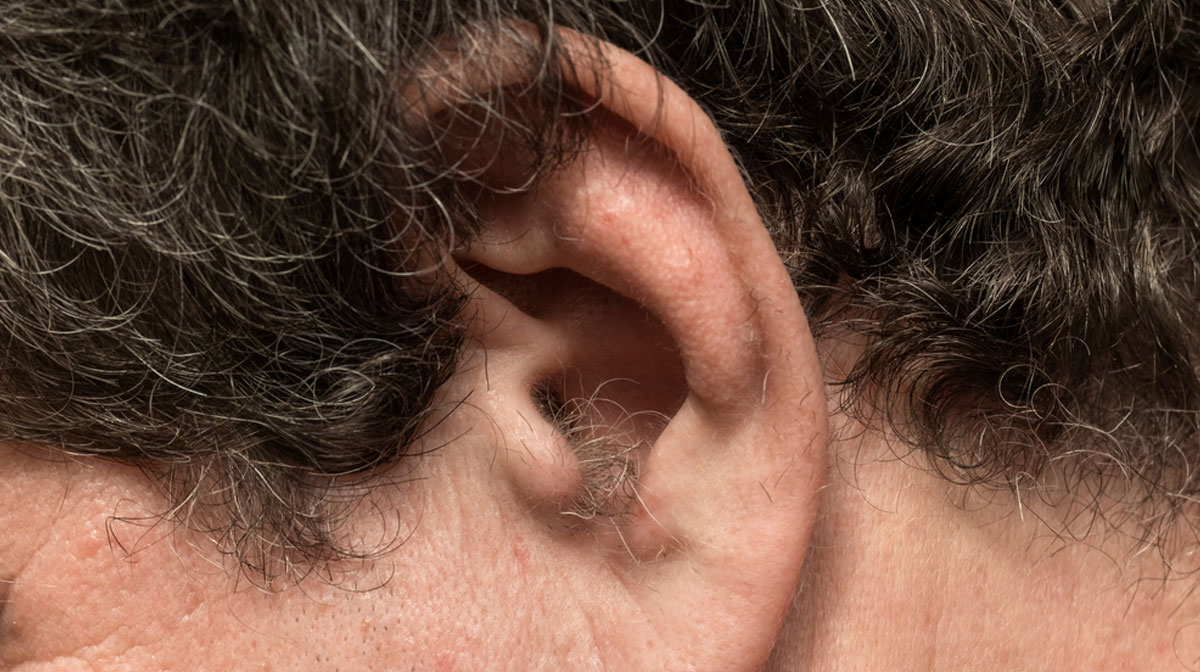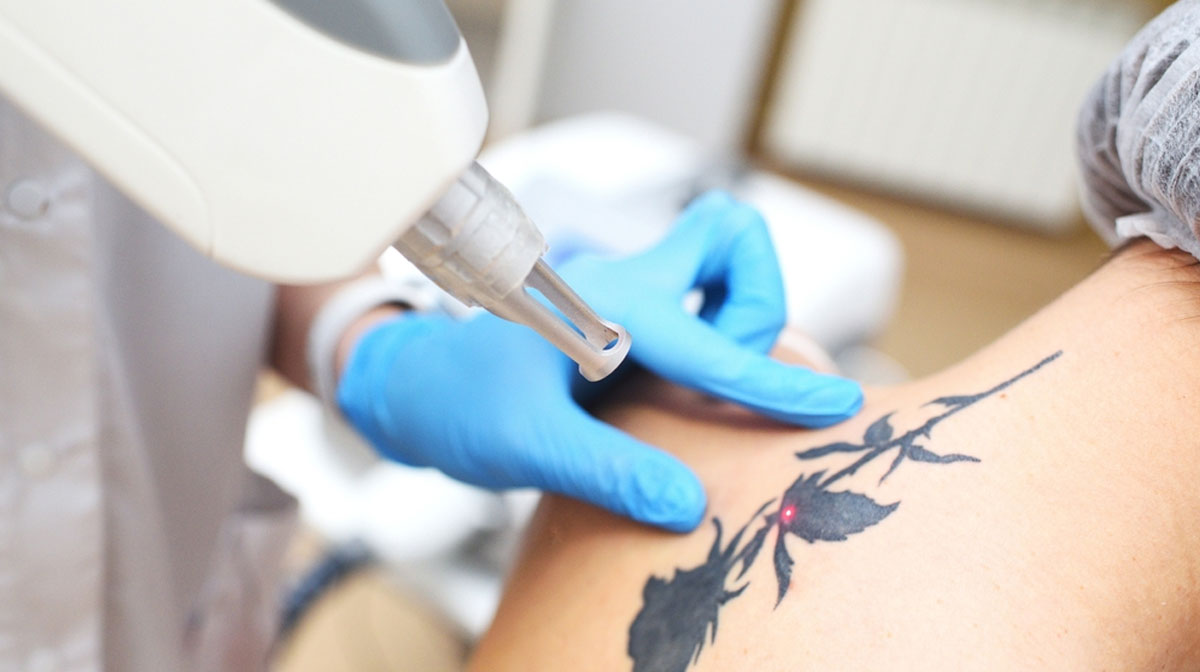- Malad West, Mumbai
- +91-7400188399
- mccmumbaicosmeticcentre@gmail.com
Chin hair Treatment
Chin hair Treatment in Mumbai

What is Chin Hair Laser Treatment?
Laser hair removal works by targeting the melanin pigment in hair follicles, heating them to a point where they are damaged and unable to produce new hair. This technique allows the laser to focus on the hair follicles without damaging the skin surrounding the chin. Unlike temporary methods like waxing or shaving, laser treatment offers a more permanent solution by targeting the hair at its root.
Mumbai Cosmetic Centre provides laser treatments for unwanted hair removal in the chin area, ensuring smooth, hair-free skin with lasting results in Malad Mumbai.
Benefits of Chin Hair Laser Treatment
Laser hair removal offers long-term reduction in hair growth, making it a convenient solution for those tired of frequent maintenance.
The laser targets specific hair follicles, leaving surrounding skin undamaged.
Treatment sessions are relatively quick, depending on the size of the area being treated.
When compared to other traditional hair removal techniques like waxing or threading, laser treatment is generally well-tolerated and causes minimal discomfort.
Laser hair removal can be performed on many skin types and hair colors, although optimal results are often seen in individuals with lighter skin and darker hair.
Top Chin Hair Removal Laser Experts in Mumbai
FAQs
1. Is laser hair removal safe for the chin area?
Yes, laser hair removal is considered safe for the chin area when performed by a qualified professional using appropriate equipment.
2. How many sessions are needed for optimal results?
The number of sessions required varies from person to person, but most individuals require multiple sessions (usually 6-8 sessions spaced several weeks apart) to achieve optimal hair reduction.
3. Is chin laser hair removal painful?
Most people describe laser hair removal as having minimal discomfort, often likened to the sensation of a rubber band snapping against the skin. Some providers may offer numbing creams or cooling techniques to enhance comfort during the procedure.
4. Are there any side effects of laser hair treatment on the chin?
Common side effects include temporary redness, swelling, sensitivity, and mild discomfort, which usually resolve within a few hours to a few days. In rare cases, blistering, changes in skin pigmentation, or scarring may occur, especially if the treatment is not administered correctly.
5. How long do the results of chin laser hair removal last?
While laser hair removal offers long-term reduction in hair growth, it may not completely stop all hair permanently. Maintenance sessions may be needed occasionally to target any regrowth.












